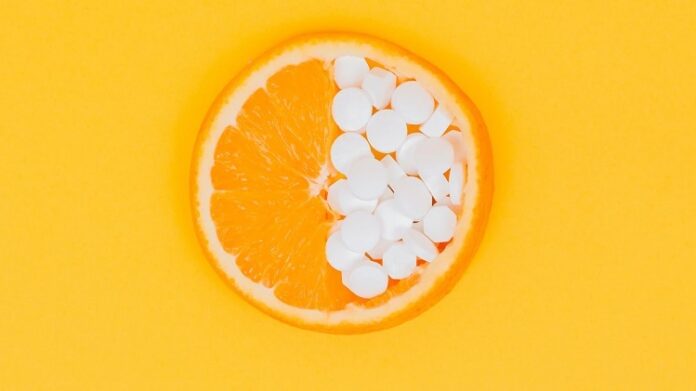Women undergo hormonal fluctuations and changes in their life from 11 to 13. The process starts from menarche until menopause, while they go through various stages such as pregnancy and monthly cycles. It can become imperative for women to include different vitamins to ensure that they regularly append the body with the goodness of nutrition.
Thus, for all these reasons, women should include various vitamins in their diet. The following information covers all the vital vitamins for women need to have to improve their performance for day-to-day tasks and overall health. However, prior to taking any vitamins, it is a must to consult a professional. Learn more about the importance of Vitamins and other nutrients in our daily life, on this website: https://www.mymigraineadvisor.com
There are reliable medical centers in the USA that can assist you by giving the right consultation.
Table of Contents
Vitamin B
The nutrients lessen PMS symptoms and boost the immune system. They are also helpful in preventing certain health conditions and cardiac issues. With these health benefits, you can avoid various cardiac issues with health conditions. In addition to this reason, it also helps to alleviate the woman’s mood.
Vitamin C
RBC formation is among its most vital functions, which is very helpful for anemic women. It also helps to speed up the cut’s healing process. It is thought of as a solid antioxidant to lessen infection risk, reduce heart problem risk, flight blood pressure and prevent iron deficiencies.
Vitamin A
It is available in beta-carotene from food which you can later change into vitamin A in the body. It also helps to retain good eyesight and minimize various body complications. It also aids in a healthy immune system and healthy bones.
Calcium
Women should get plenty of calcium, mainly in their teens and early 20s. It helps to prevent the deterioration of any fragile bones later in life. Calcium is also vital for healthy nerves, blood flow, and muscles. Good sources of calcium are yogurt, milk, kale, cheese, canned salmon, broccoli, fortified cereals, soy beverages, fruit juices, etc.
Folate
It is vital to make healthy red blood cells and DNA. Most young women and teens don’t get enough. All child-bearing aged women need to introduce some folate in their diet. With this nutrient, you can easily prevent congenital disabilities – when a woman has enough folate before becoming pregnant. Some folate-rich food sources are brussels sprouts, spinach, beans, broccoli, rice, fortified cereals, orange juice, etc.
Vitamin B12
It is vital to ensure healthy blood and nerve cells, although additional B12 doesn’t result in more energy, as some supplements claim. Vegan and older women might not get enough B12. Some good B12 sources are pork, beef, fish, poultry, yogurt, eggs, cheese, fortified cereals, nutritional yeast, fortified soy milk, etc.
Vitamin E
Its other name is tocopherol, which has related compounds known as tocotrienols. The body requires it for healthy cells. It can also slow down aging signs. However, it raises bleeding risk after taking too much every day. It is possible to get nutrients in foods such as cod-liver oil, corn oil, peanut butter, hazelnuts, sunflower seeds, wheat germ, etc.
Vitamin D
While it is considered in the list of vitamins for women, it works like a hormone in a woman’s body. It helps in moving phosphorus and calcium. Both are vital minerals for strong bones – into the bloodstream. To complete its need for vitamin D, the body takes phosphorus and calcium from the bones. At this time, these lead to various conditions, such as osteoporosis, putting the person at a higher risk of fractures.
Vitamin K
K is another excellent vitamin to ensure optimum bone health and helps in blood clots for older women. It is abundant in food sources like leafy greens, broccoli, soybean oil, cooked spinach, fish oil, and alfalfa.
Conclusion
The list mentioned above of essential vitamins is necessary to maintain optimum health and prevent long-term illnesses. You should get these vitamins in your daily staples. More doctors and dieticians emphasize that it is best to get the needed vitamins and minerals from food without relying on supplements. However, before starting any diet, it’s best to consult your an experienced doctor.















